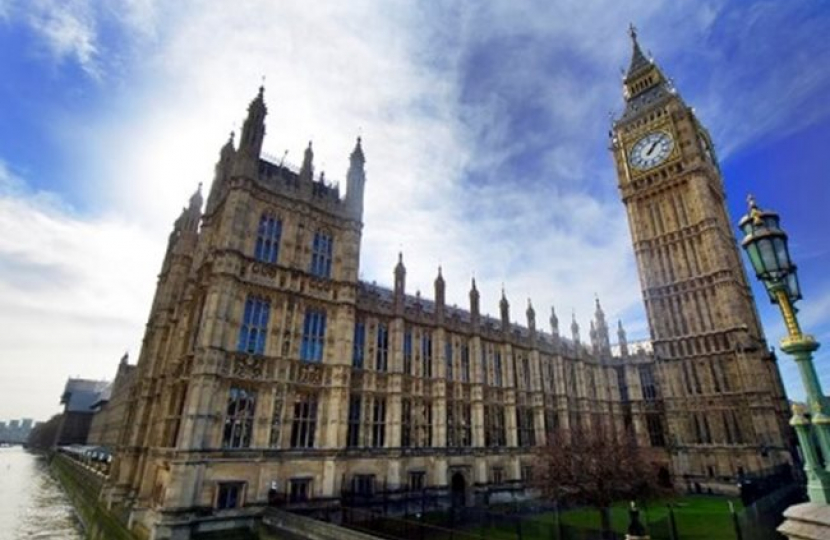
Section 7 of the Bribery Act 2010 created a corporate offence of failing to prevent bribery and has been deployed successfully on several occasions. It applies both to domestic and overseas activities – and it should now be replicated in other areas of financial crime.
There have been several cases brought under the section, particularly through deferred prosecution agreements, where the failure-to-prevent model has worked well and provided the Exchequer with huge sums from errant companies.
It requires the prosecution to prove that a person associated with the company in question committed bribery and the defendant company did not have in place adequate procedures to prevent it. There is no difficulty in working out who an associated person is or what adequate procedures are, so the structure is there.
It is also there in the Criminal Finances Act 2017, which introduced the corporate offence of failure to prevent the facilitation of tax evasion.The defence in this instance is that the defendant had reasonable procedures in place to prevent the criminal activity. The company does not have to show that it had perfect procedures, but only reasonable or adequate provision to prevent the crime.
As we have been suggesting for years, and as MPs argued during the committee stage of the bill in the Commons, we should use the Economic Crime and Corporate Transparency Bill, now in the House of Lords, to expand the failure-to-prevent regime to cover at least some of the 50 or so financial or economic crimes that are available to be dealt with by deferred prosecution agreements listed in the Crime and Courts Act 2013 or the economic offences listed in the current bill.
Having shown greater enthusiasm in the Commons, the government is now becoming timid. It says it would not be fair on businesses with fewer than 250 employees, as it would burden them with disproportionate compliance costs. It does not take much more than good leadership to set the tone in a company, large or small, and companies of any size can win business worth millions through corruption overseas.
The existing failure-to-prevent offences do not exempt smaller businesses and companies are familiar with the concept. It is time to stop pussyfooting about and to encourage the whole of corporate Britain, not just the companies who know this already, that honest business is good business that leads to repeat business and more inward investment.
The bill presents ministers with an opportunity to make these necessary reforms. They should grasp it.
Lord Edward Garnier KC is a former solicitor-general and Robert Buckland KC a former lord chancellor




